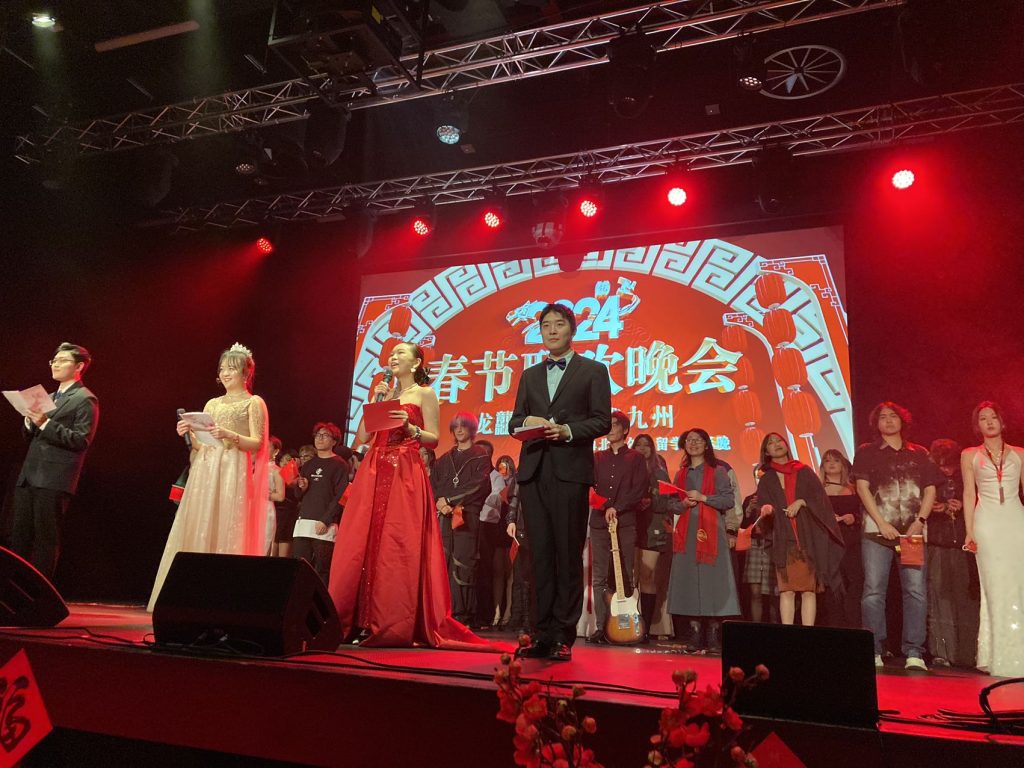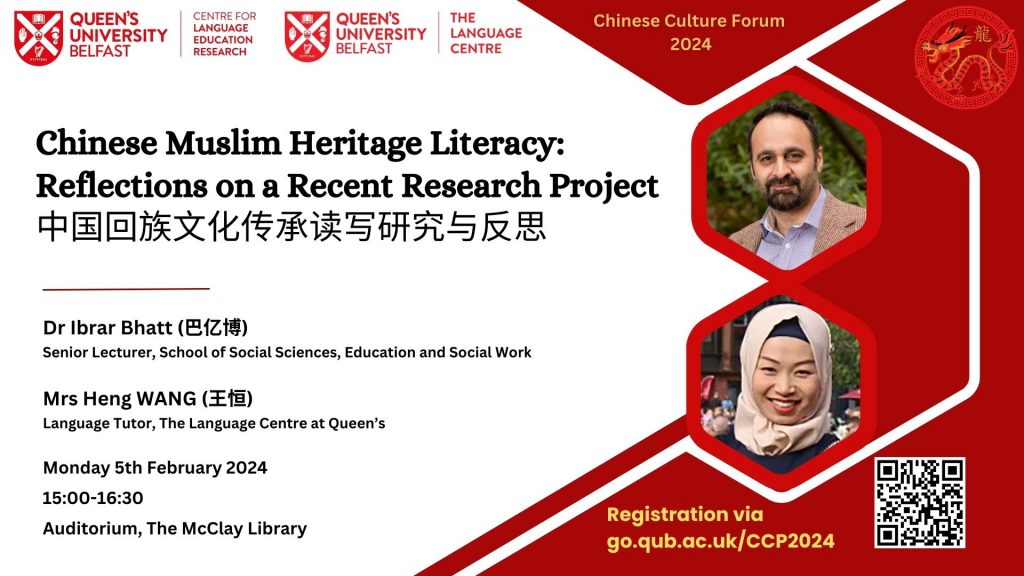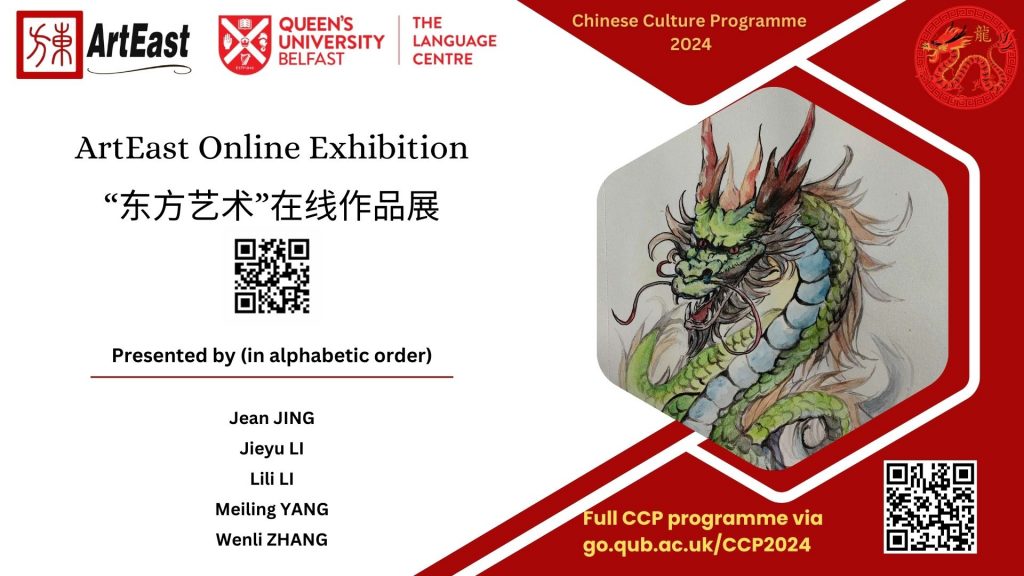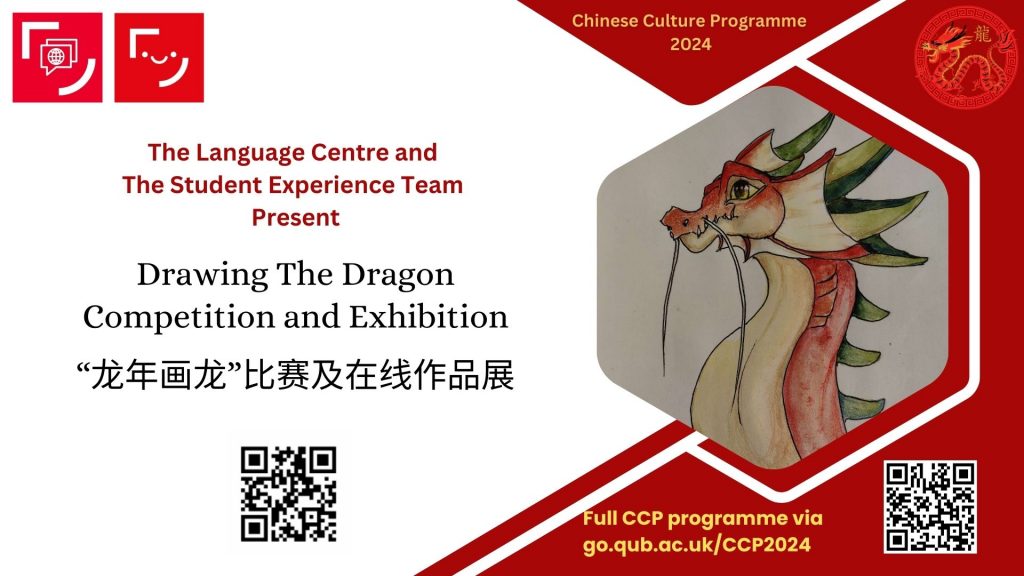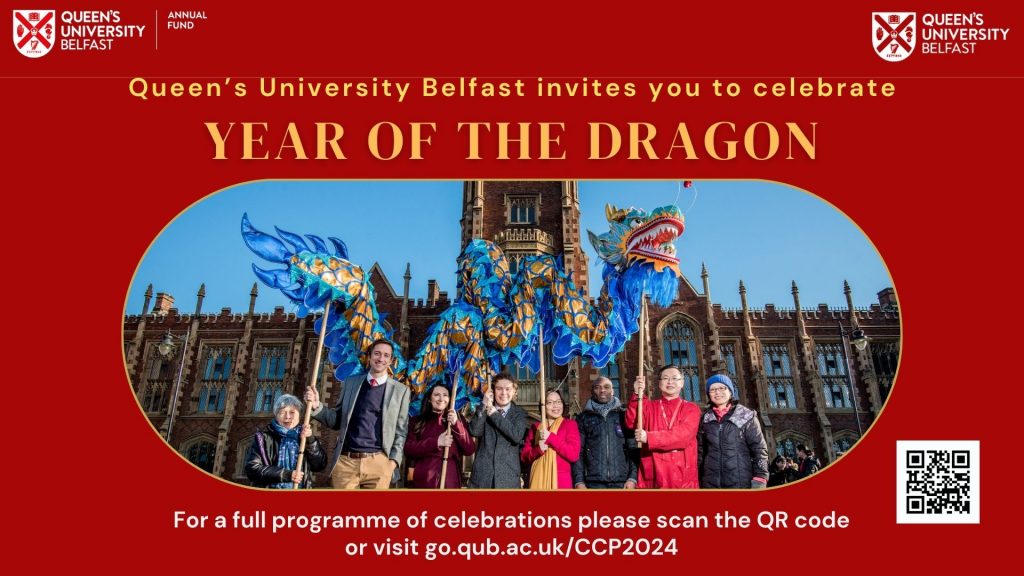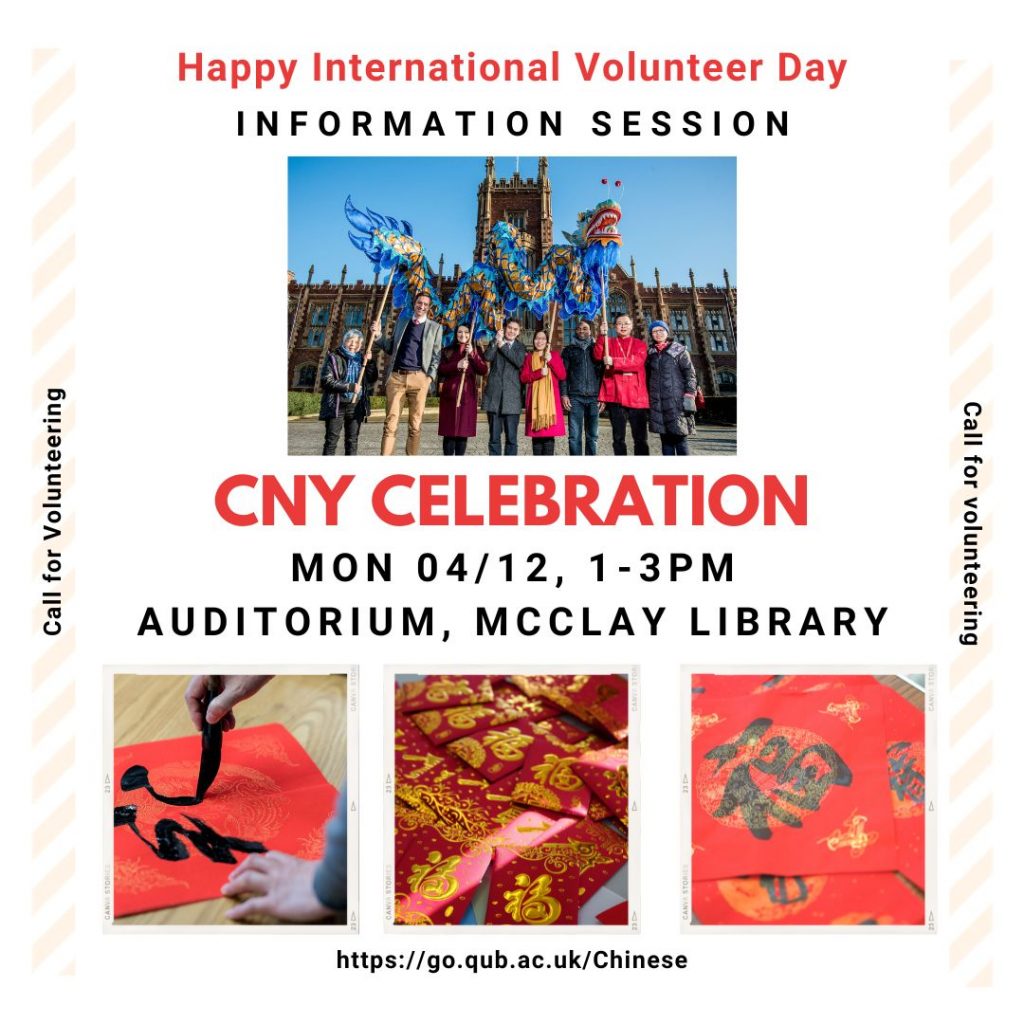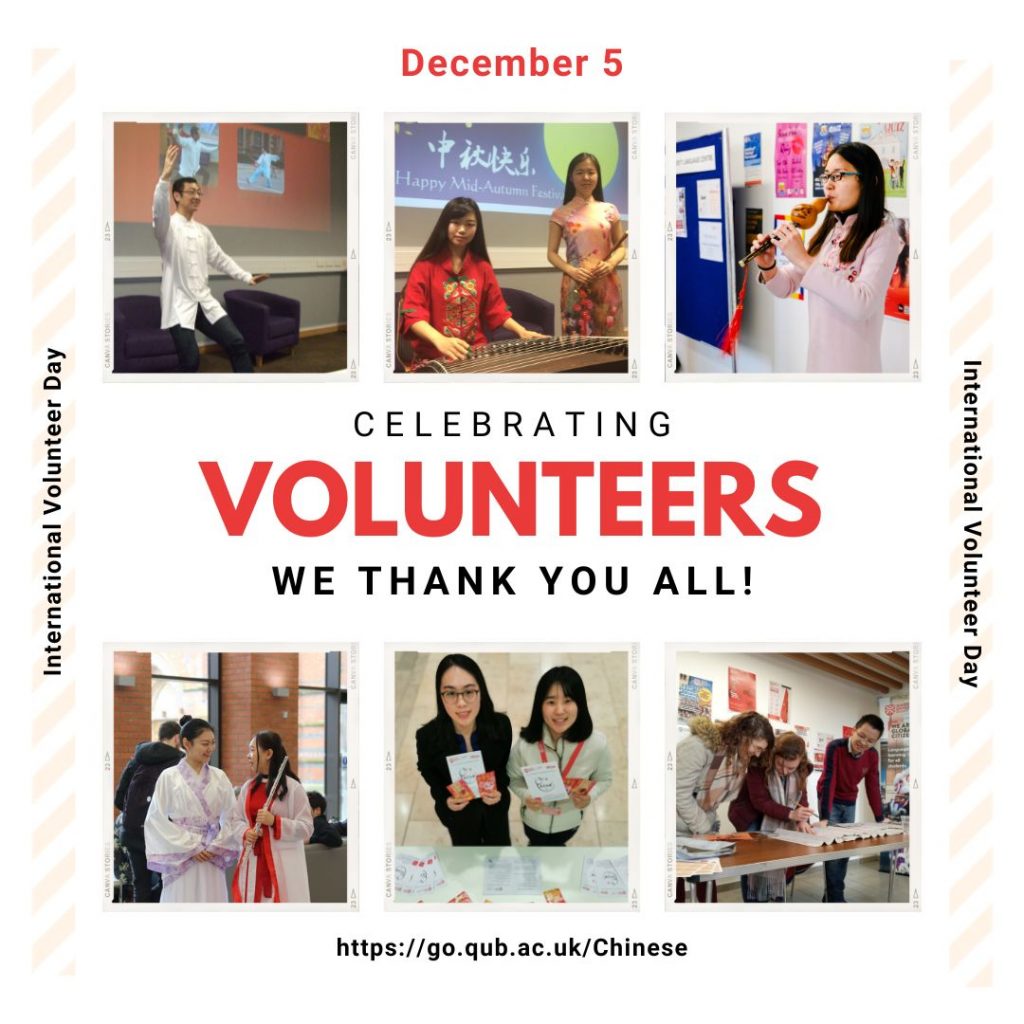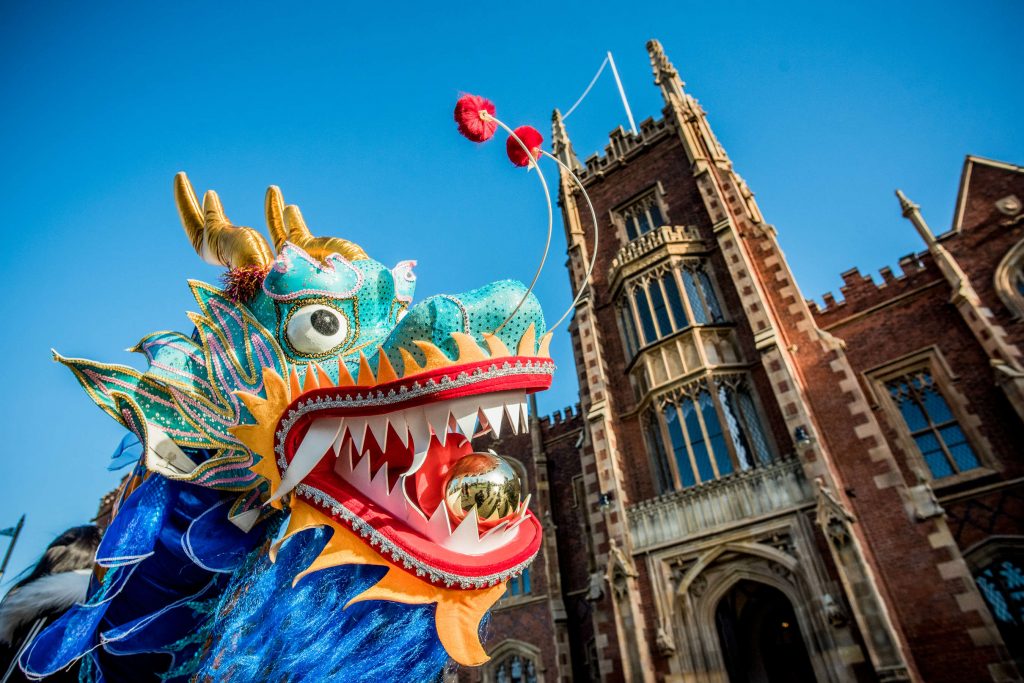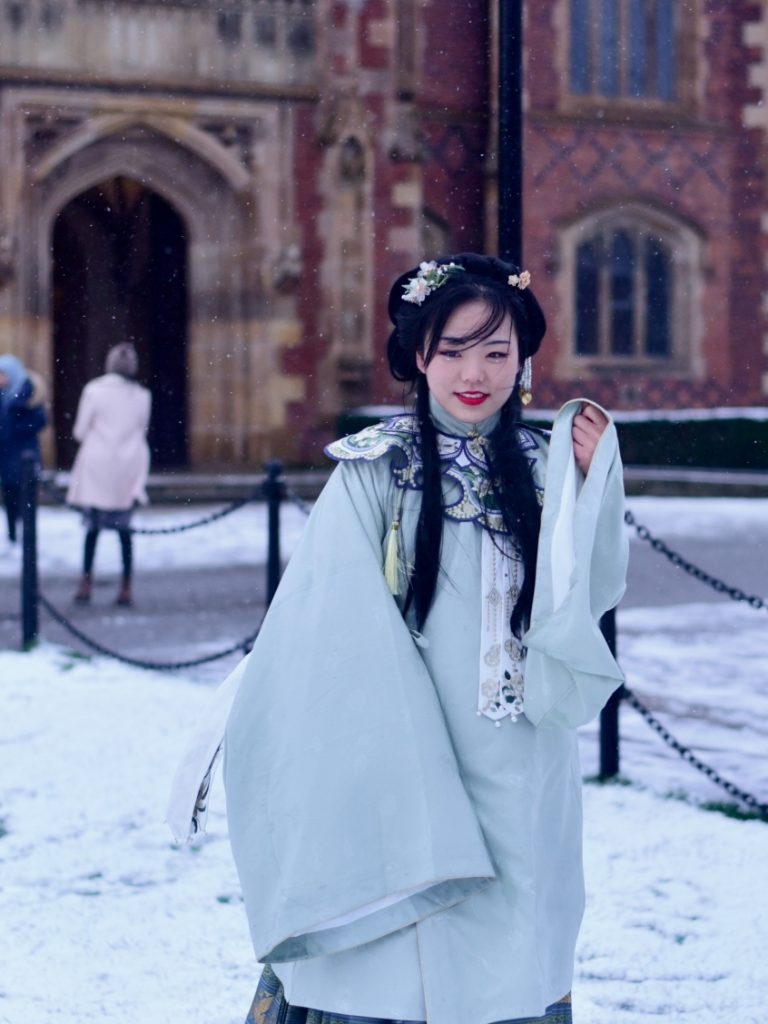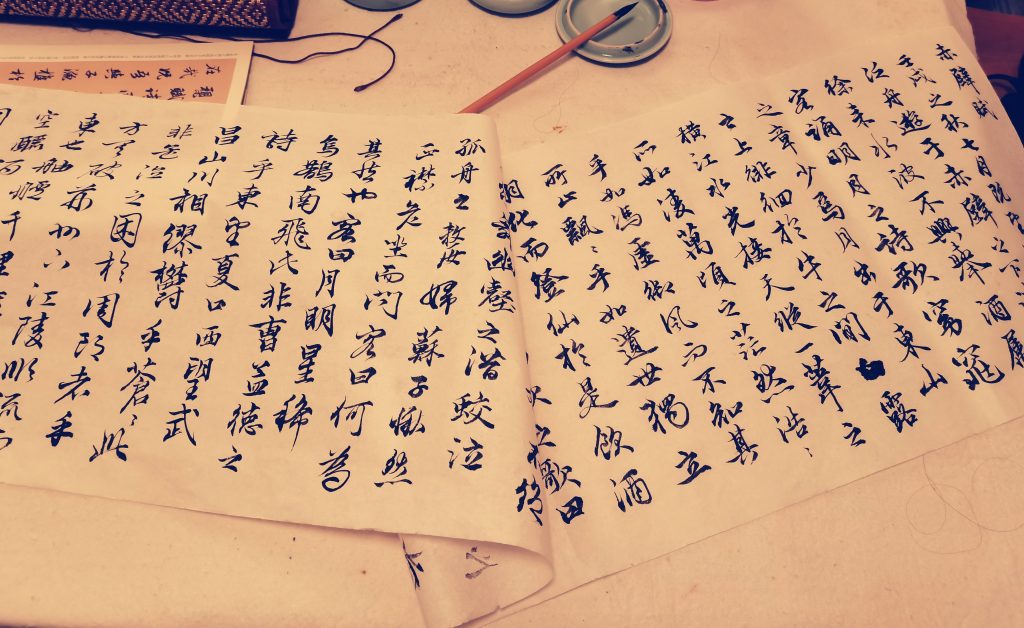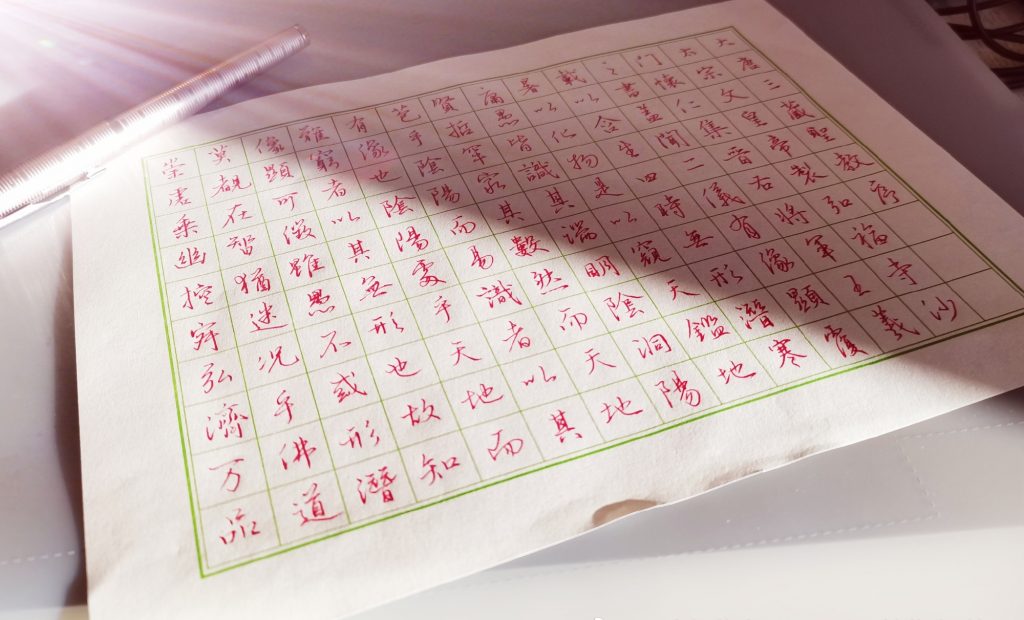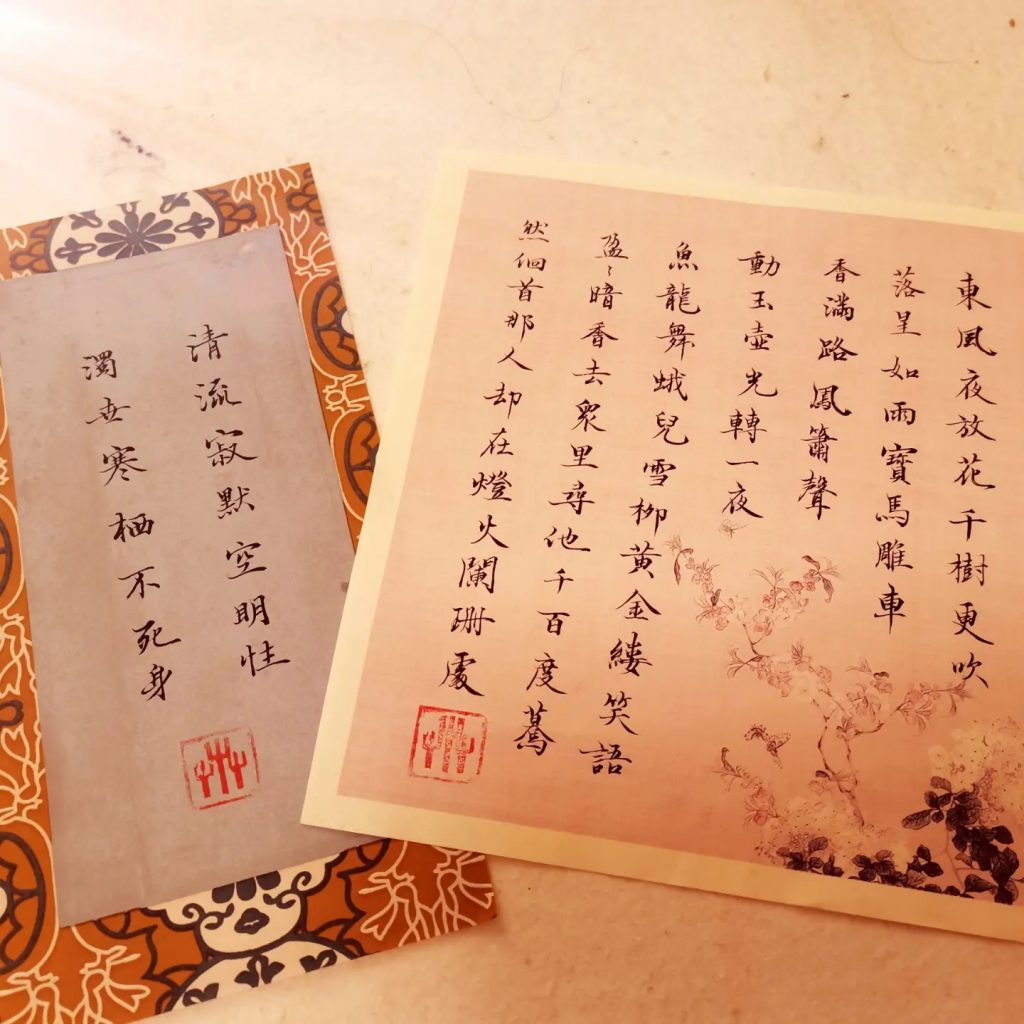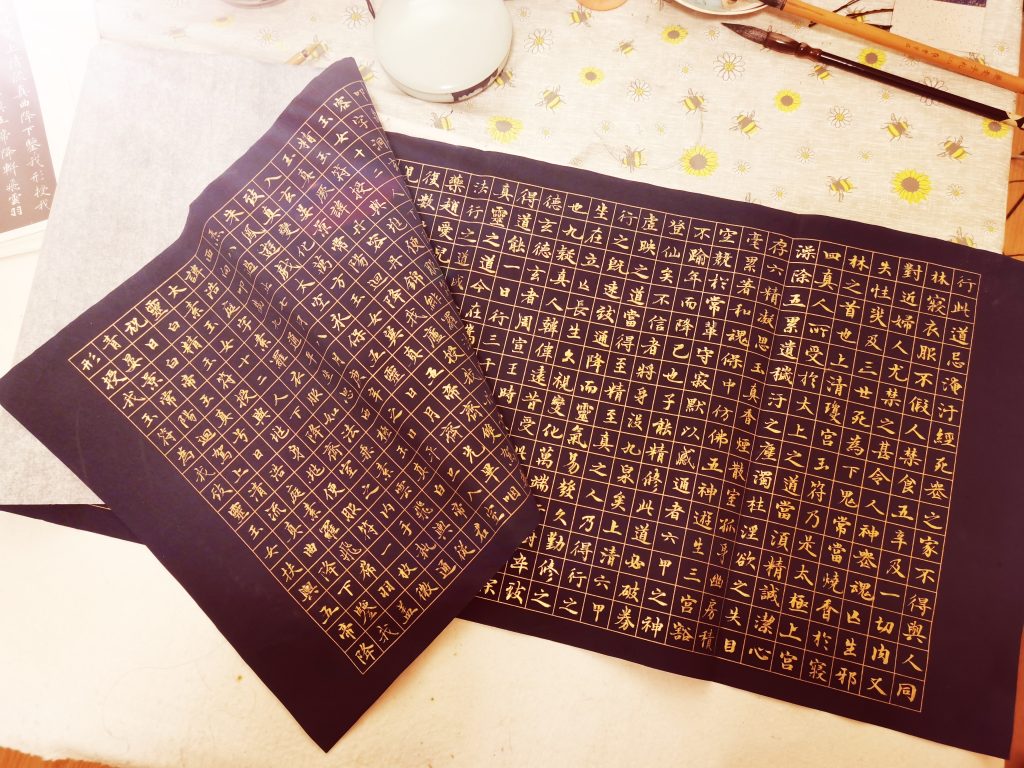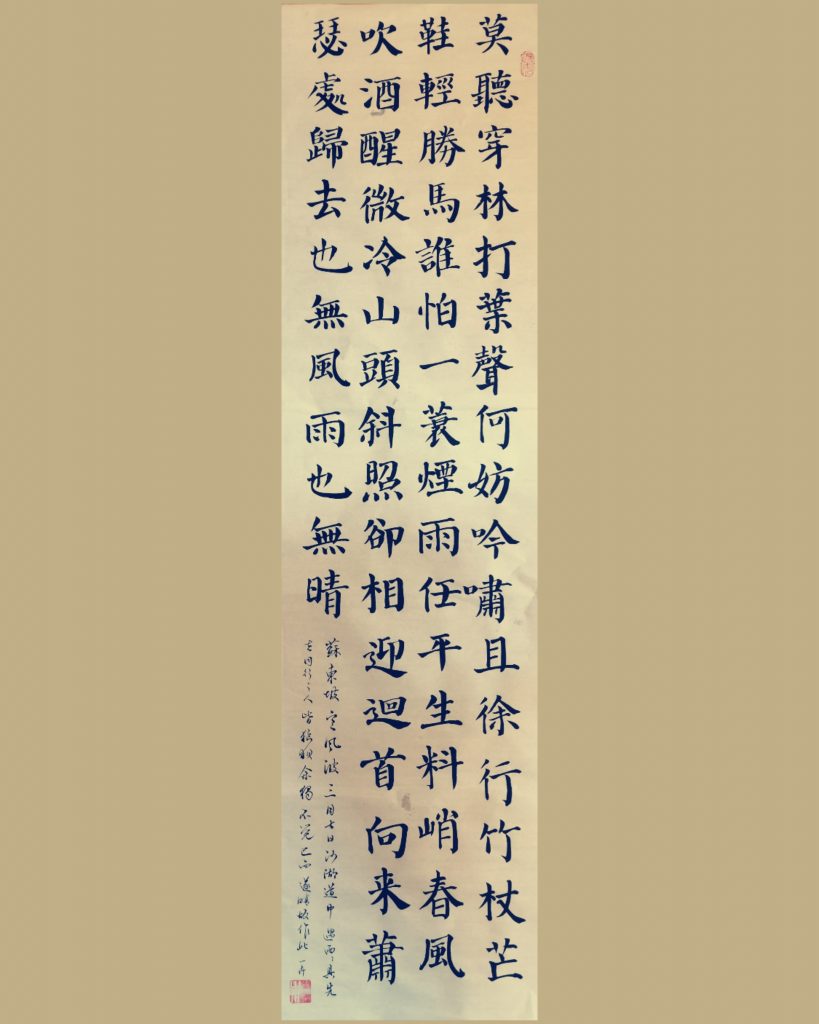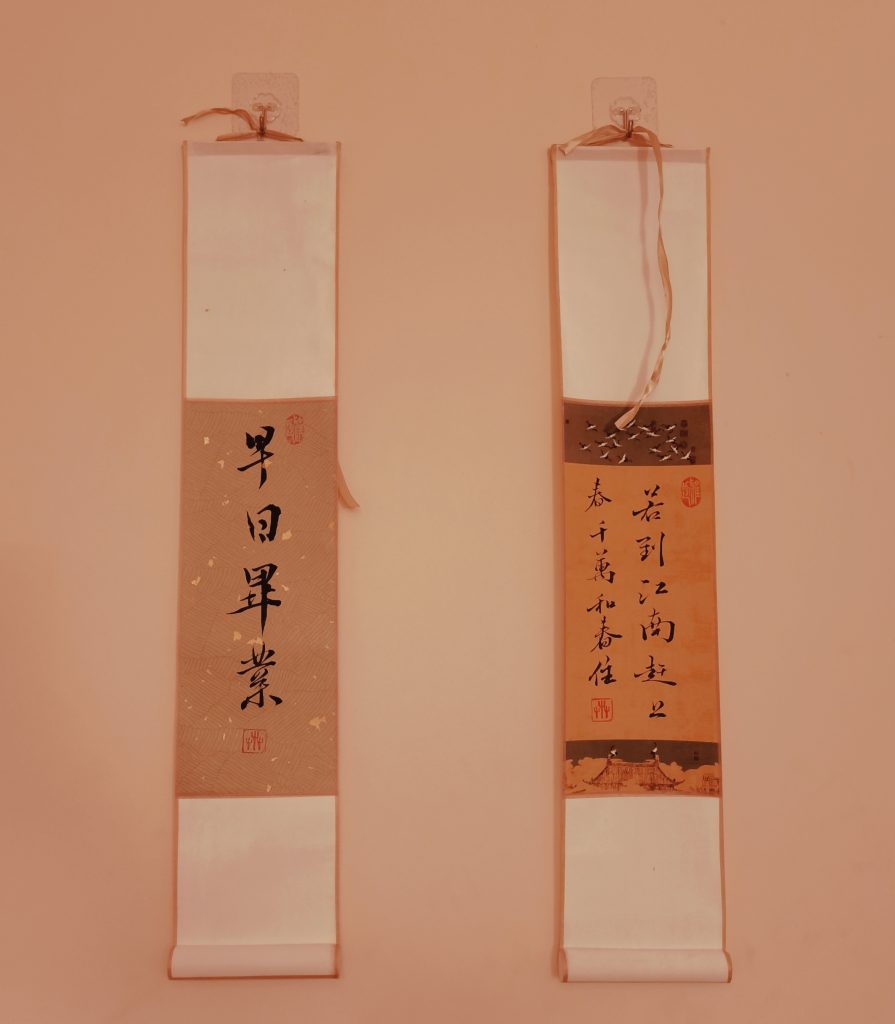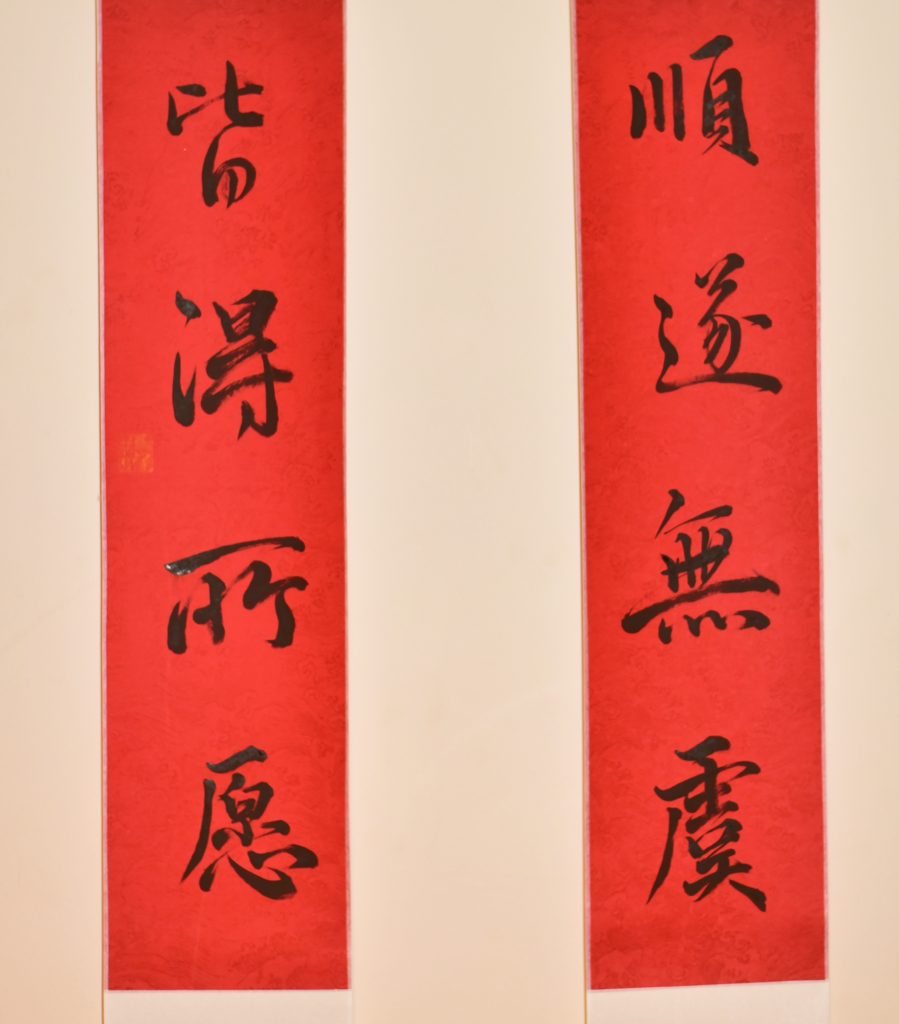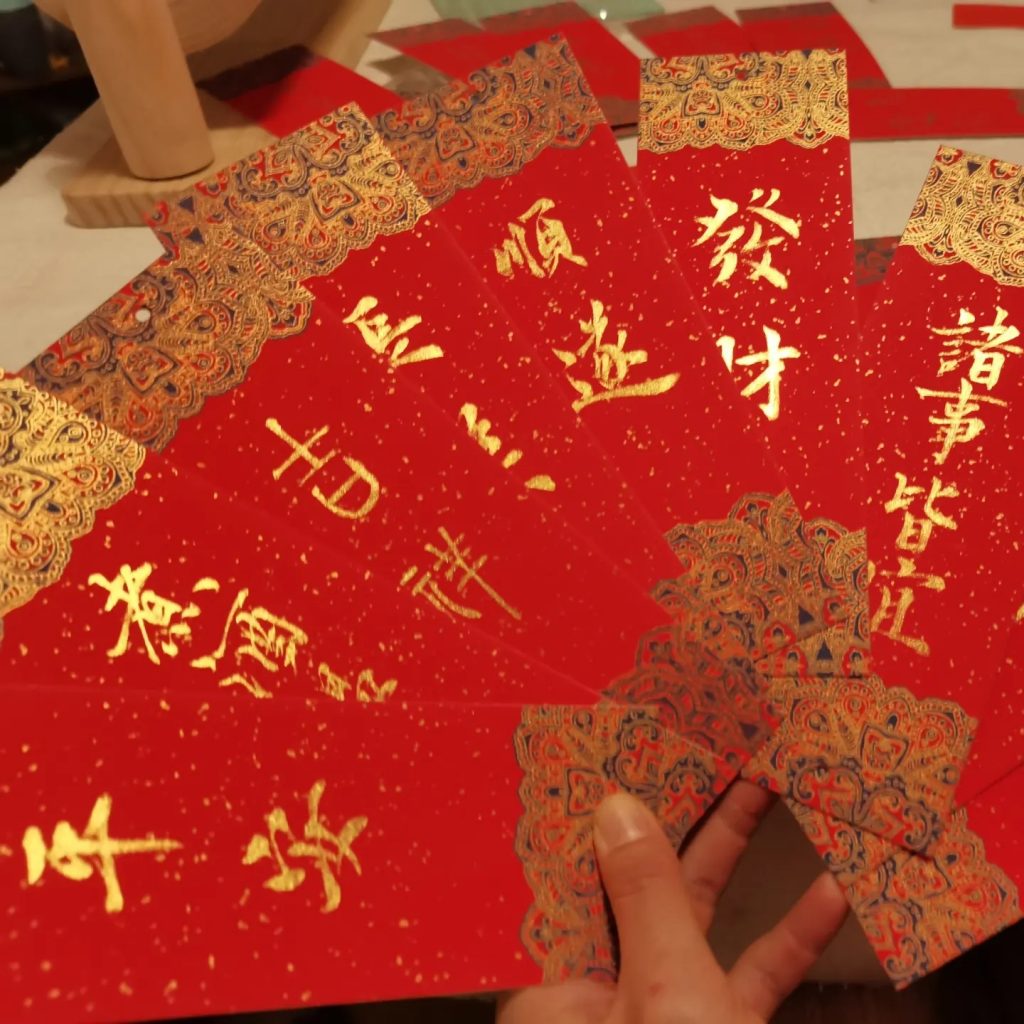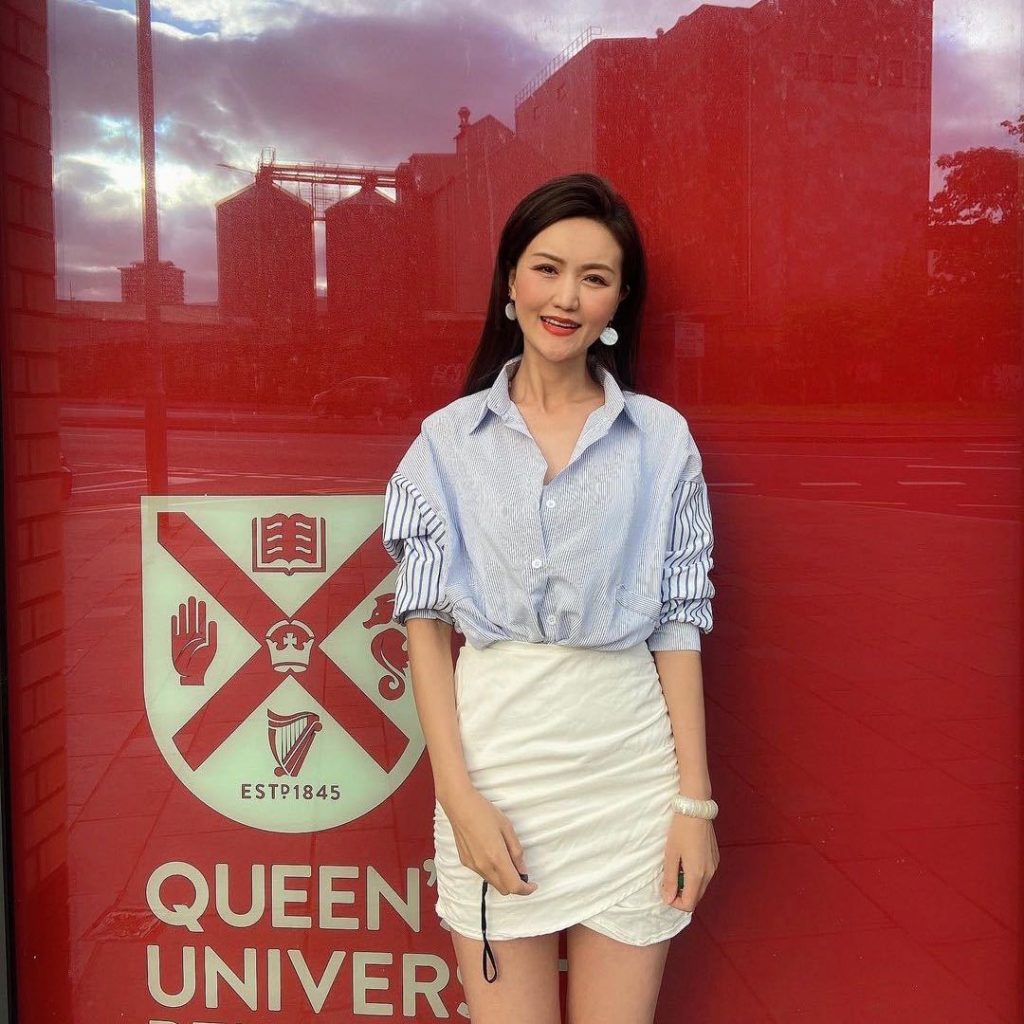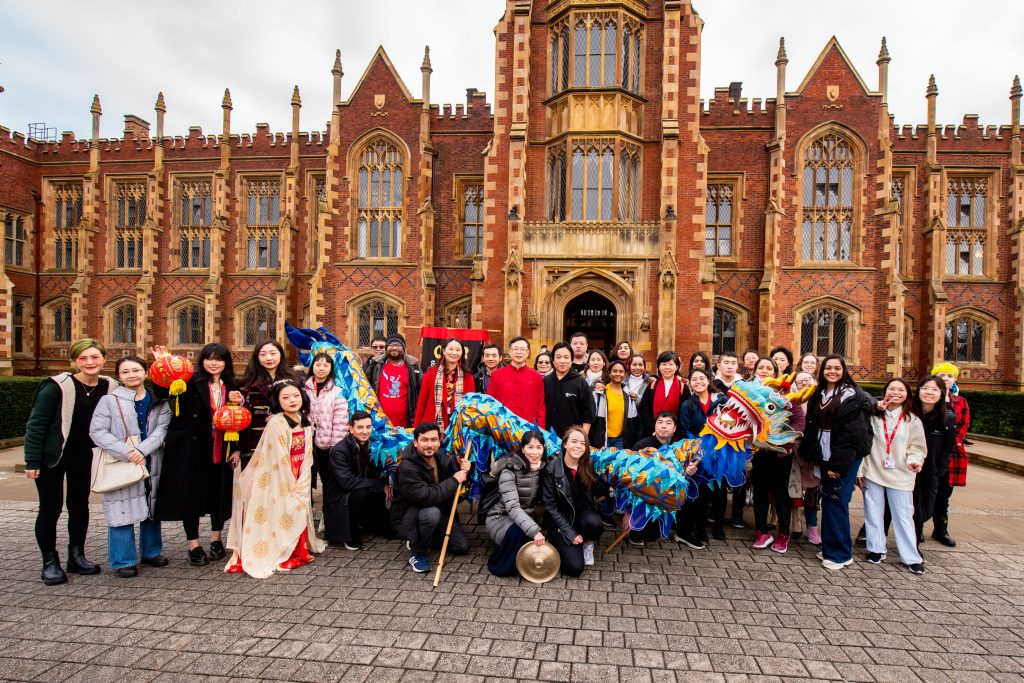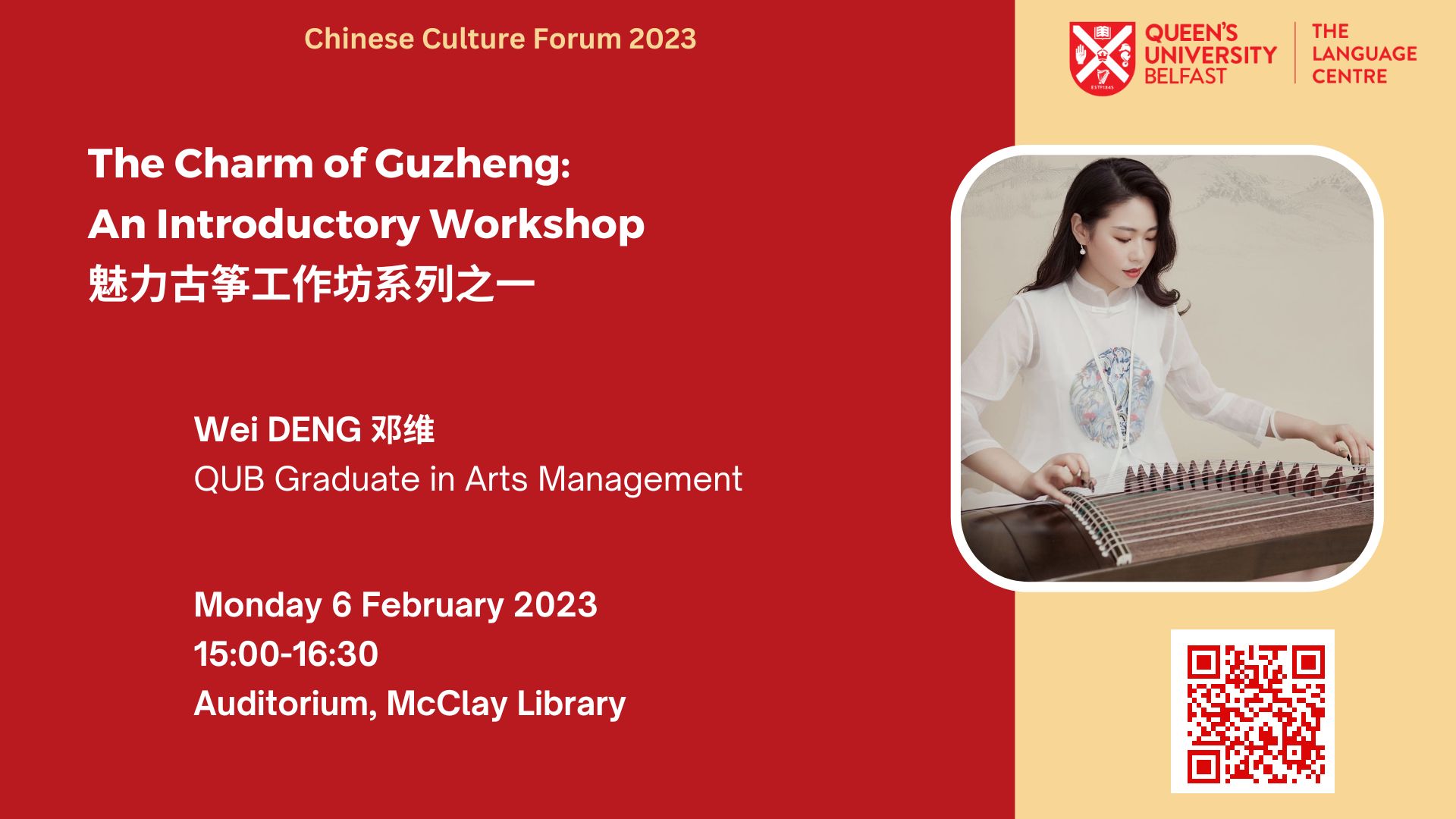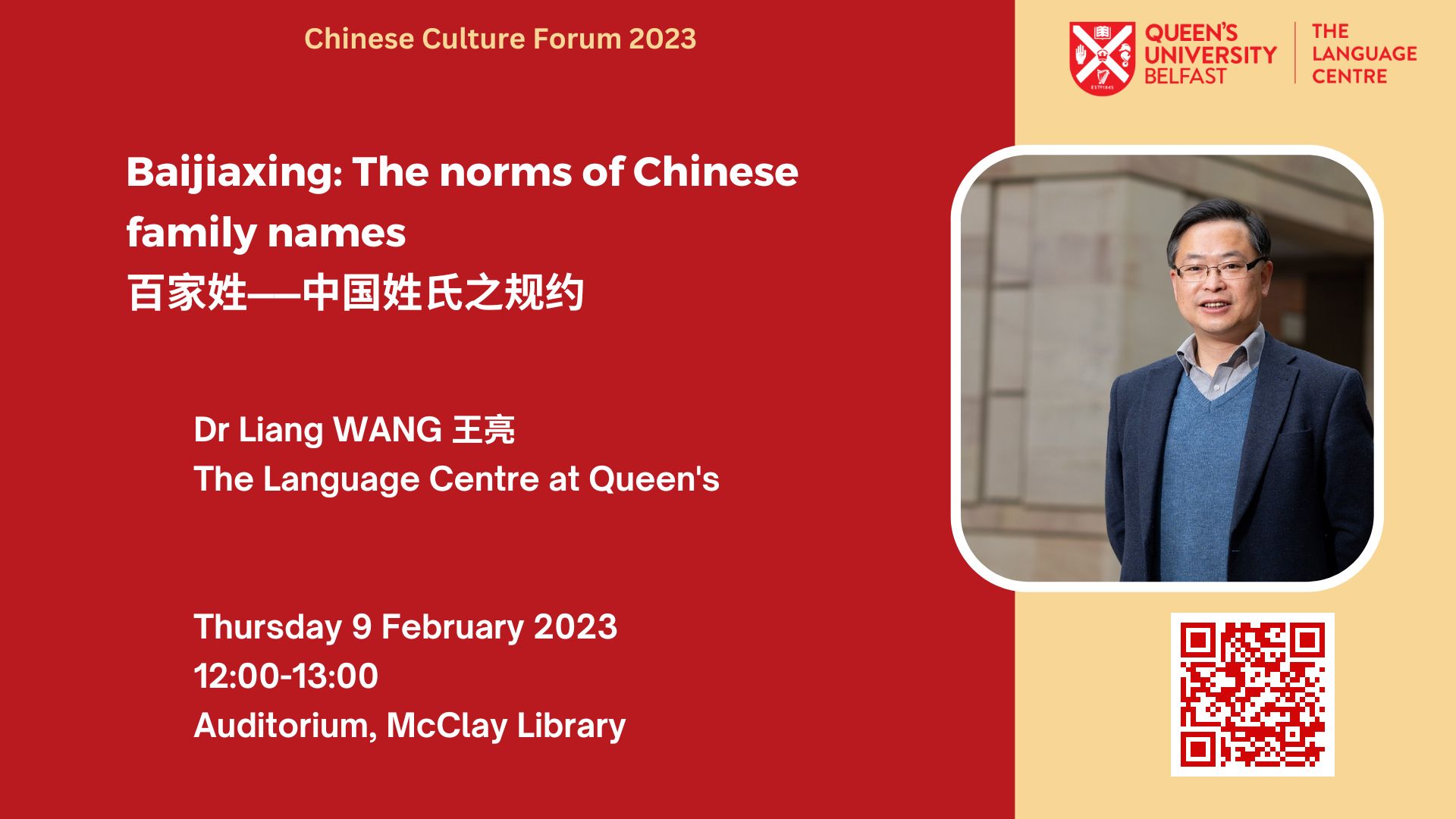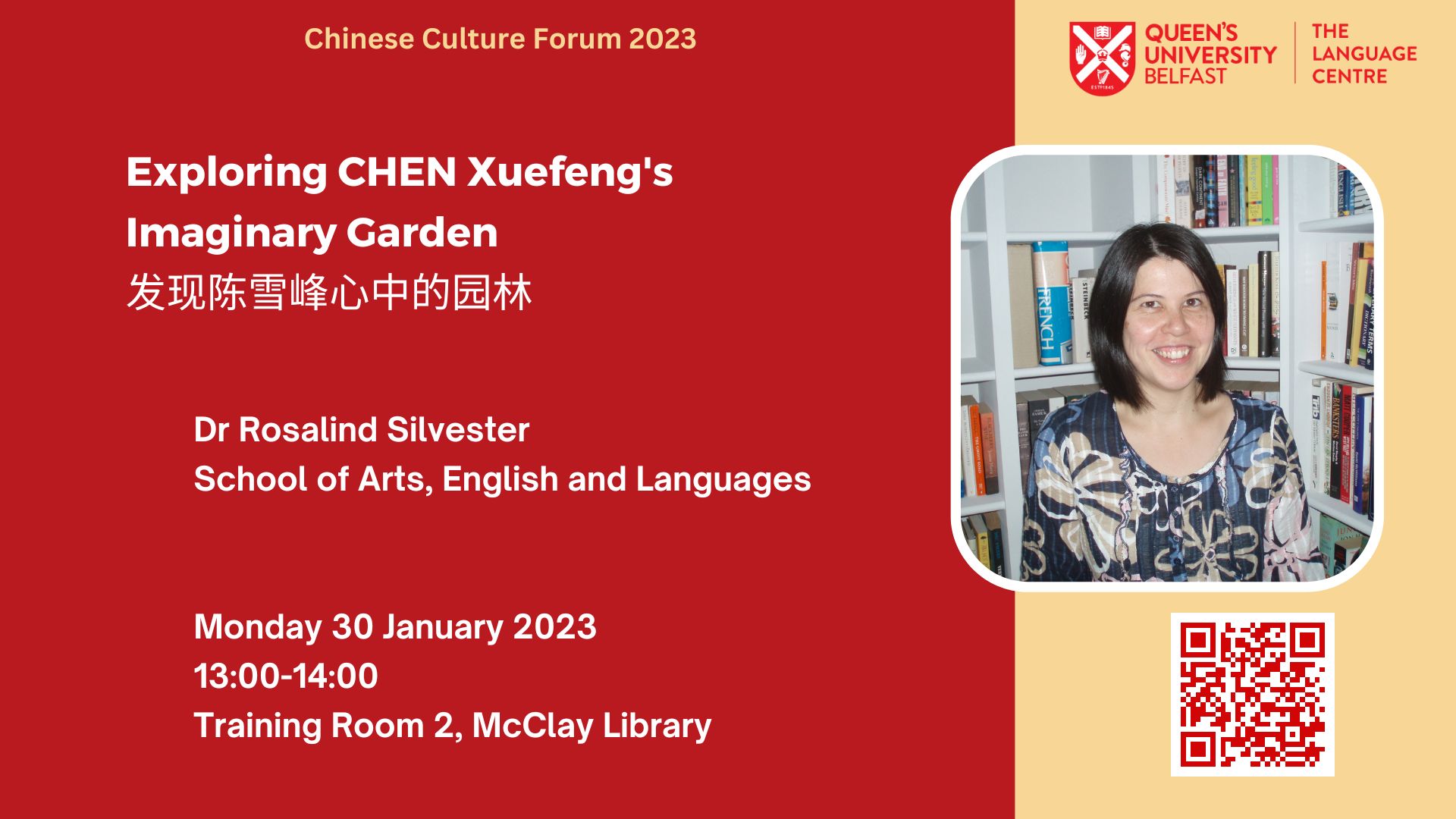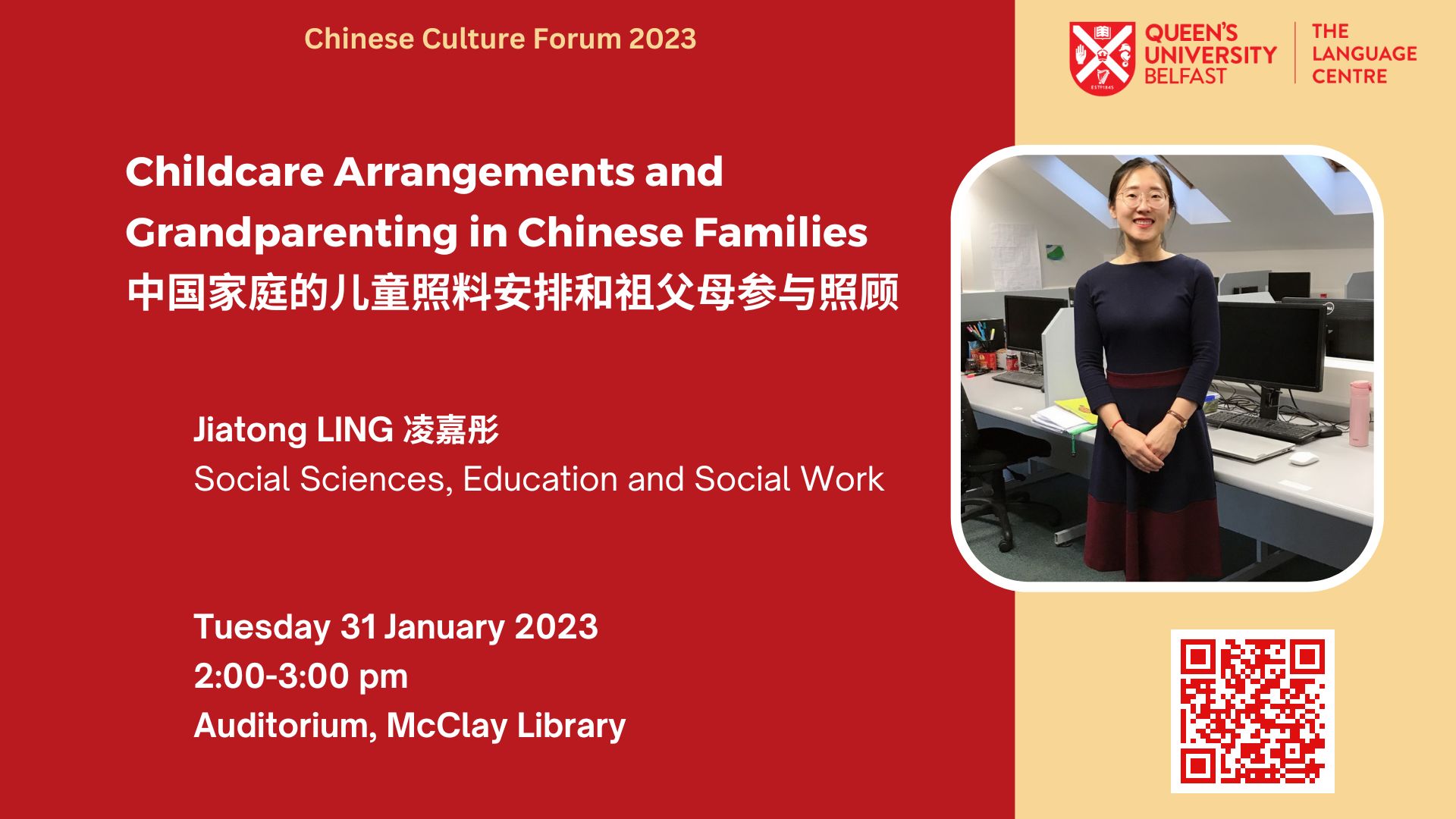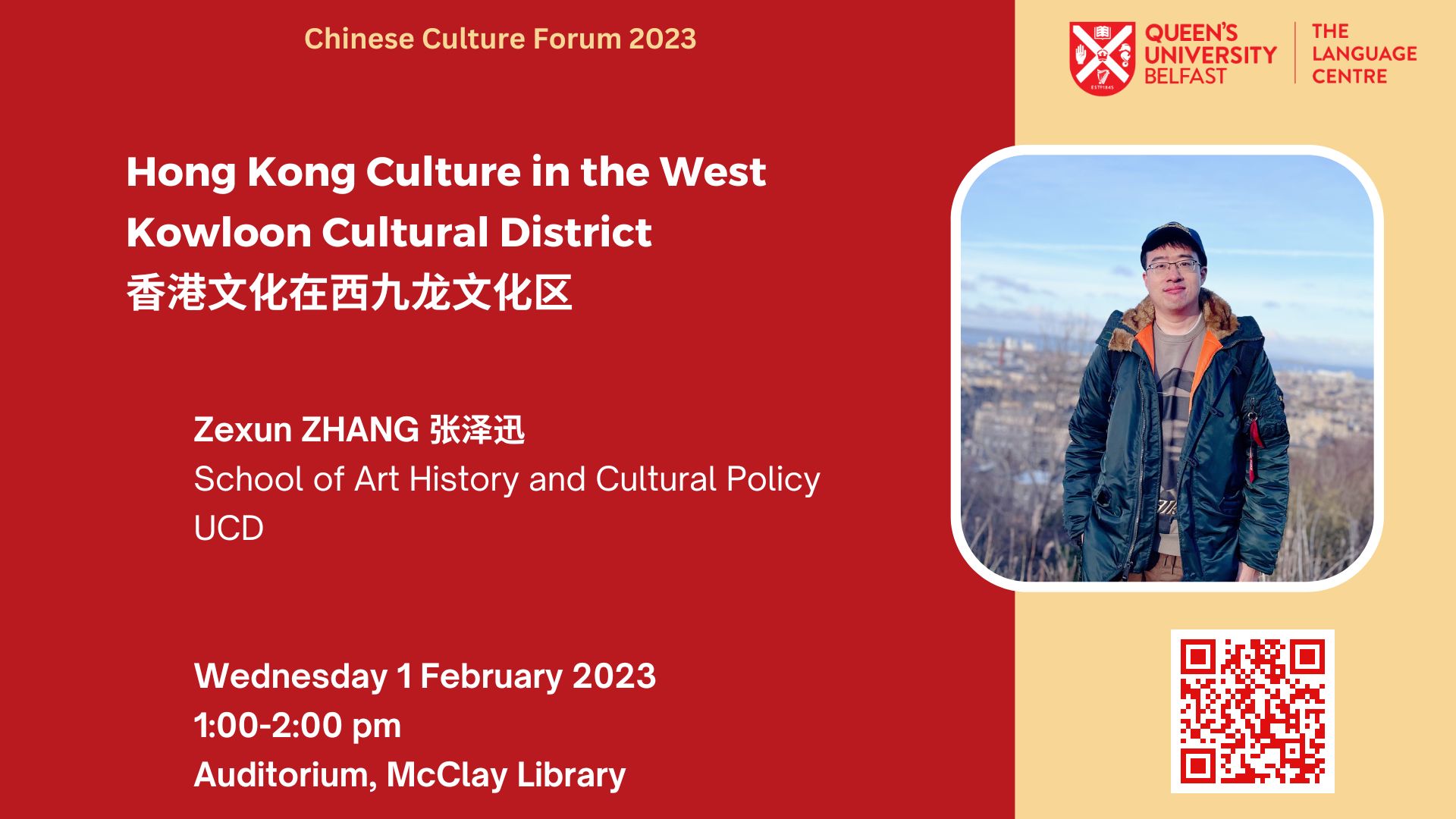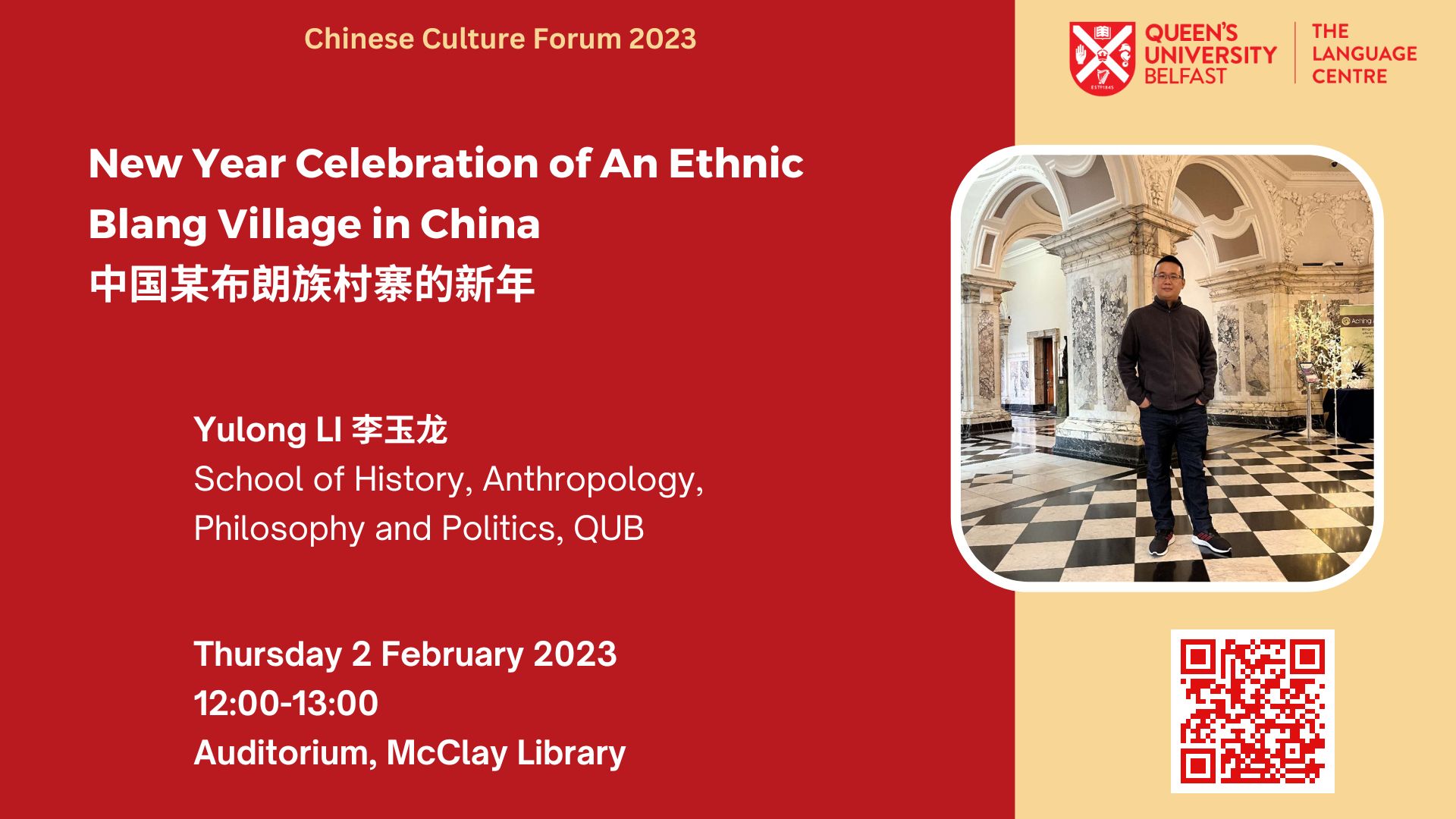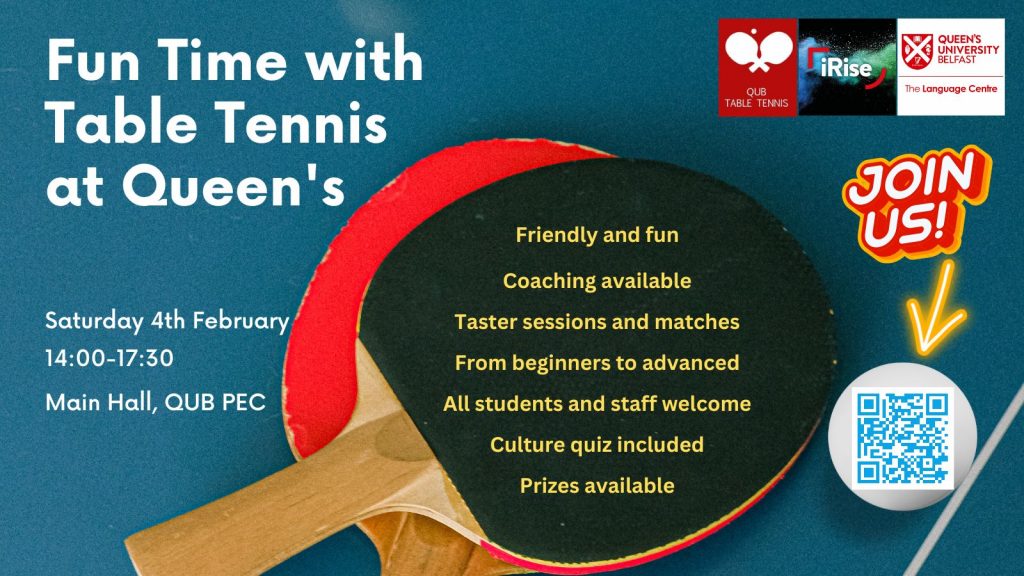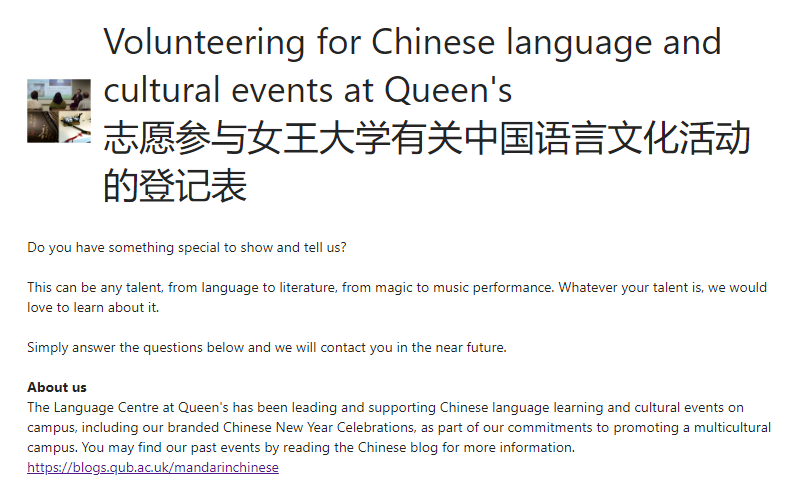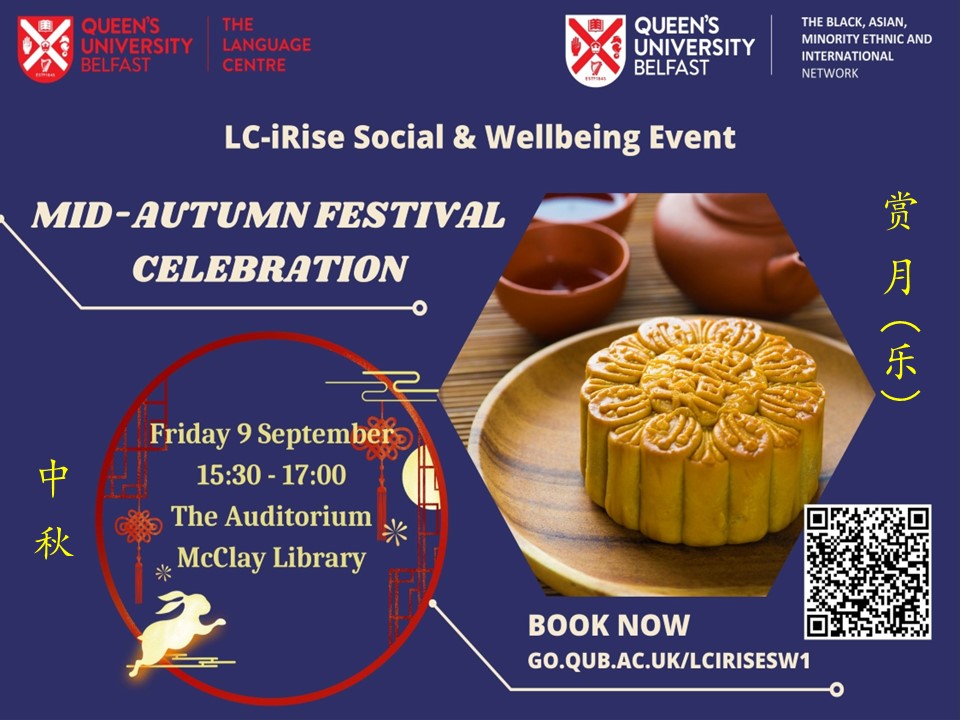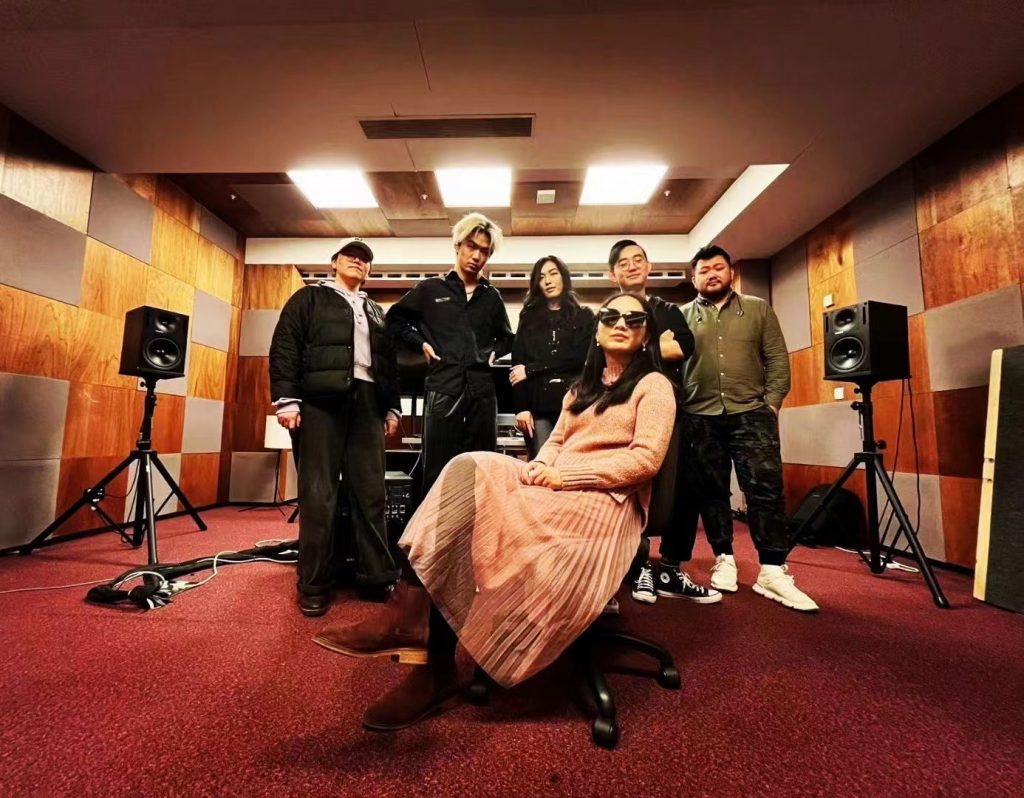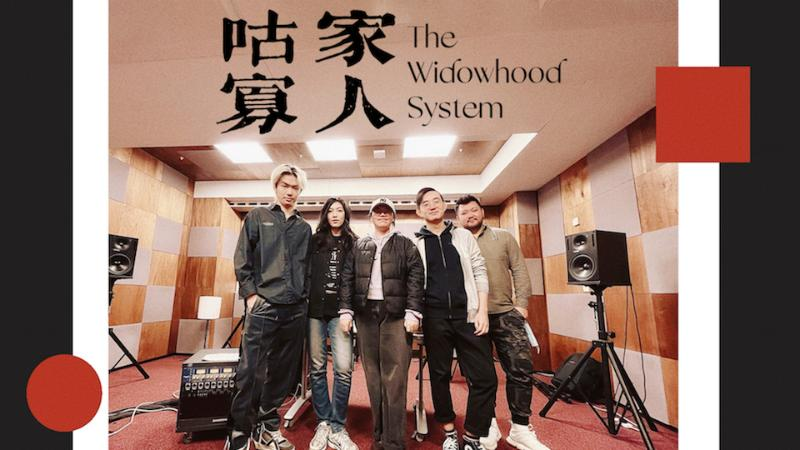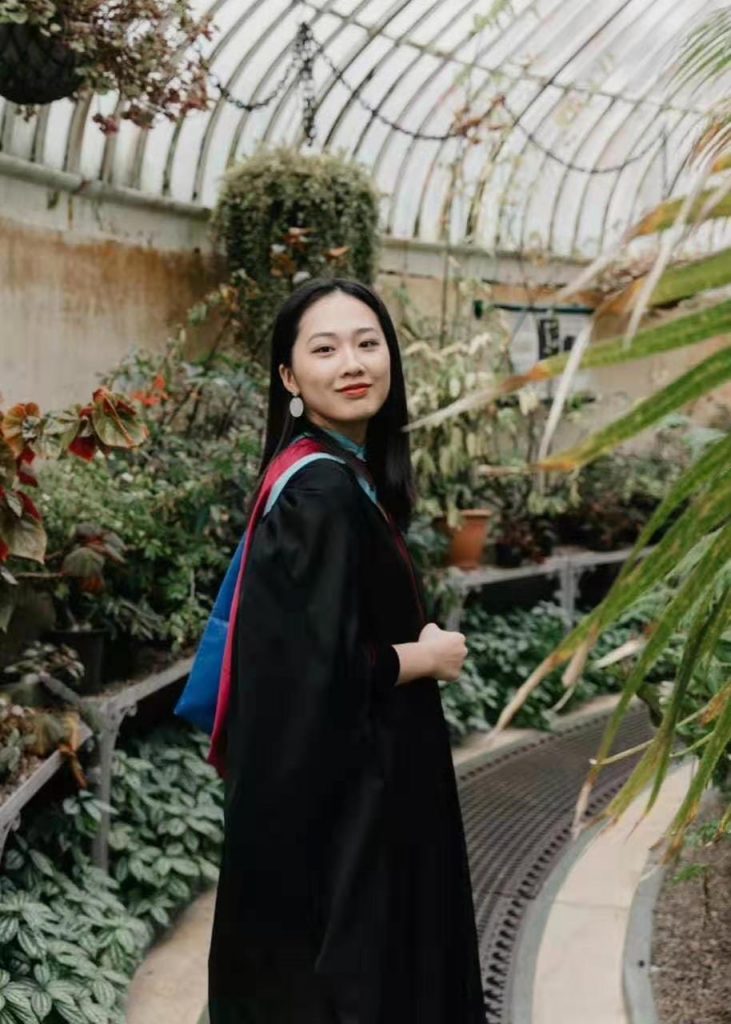While the 3rd semester Language Centre course enrolment is still underway, we would like to share with you the study tips from Isabella Souza Mclaughlin, who is currently working as Global Marketing and Recruitment Coordinator after her graduation from Queen’s.
I graduated from International Business with Mandarin at Queen’s University Belfast. Studying Mandarin was one of the best experiences I’ve had, and in this blog post, I will share some study tips!
Isabella Souza mclaughlin 苏曼伊
QUB Global Recruitment
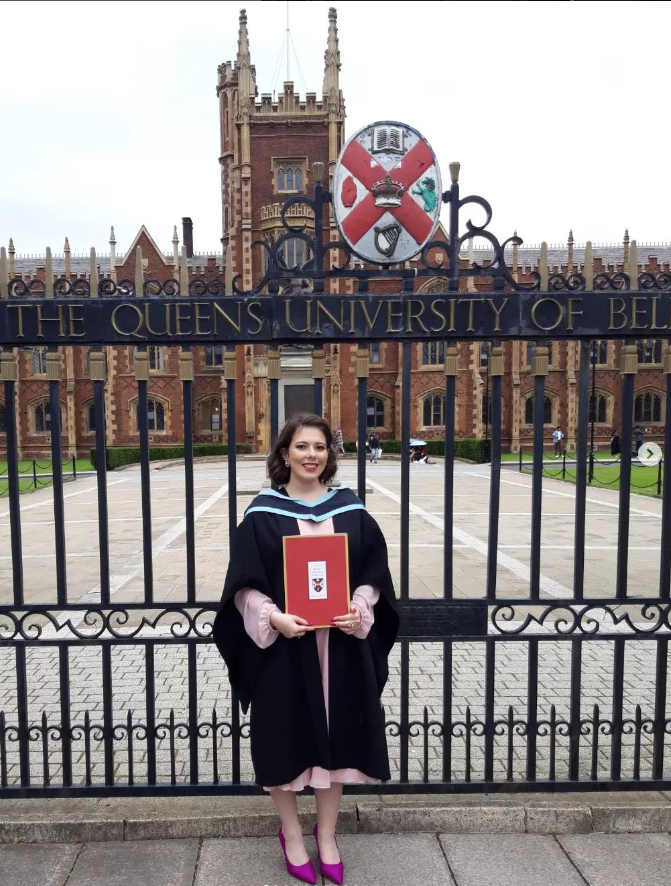
Studying languages is incredibly rewarding, but it can be challenging! Familiarising yourself with your learning style is key. It’s important to try different techniques until you find the one that is best for you. Below are the tips that I would like to share:
Flashcards
Flashcards are a great way to practice vocabulary and keep your notes on-the-go. When studying Mandarin, I wrote the Chinese characters, known as 汉字 (hànzì) alongside the English translation on one side, and the 拼音 (pīnyīn) on the other, to focus on recognising characters. However, you may decide to focus on translation and have 汉字 on one side, and English on the other. Digital flashcards are also a convenient option.
Handwriting
I personally find I can memorise information best by writing. Handwriting notes in Mandarin can be time-consuming. However, if you are regularly writing 汉字, not only will you be revising your notes, but also practicing your handwriting. Remembering the stroke order of 汉字 will be a big help in writing faster over time.
The type of equipment you use can also help. I like using notebooks, so erasable pens found their way into my stationery. I like colour and decoration, so I used highlighters, colourful pens, sticky notes and washi tape in creating diagrams and mind-maps to help categorise them into topics, lessons, vocabulary or grammar.
Apps for writing 汉字 are an interactive way to practice. When not in class, I sometimes found myself even using notes apps on my phone to practice handwriting.
Language Class
If you are self-studying Mandarin, I highly recommend joining a class, as the classroom environment can help with speaking practice, meeting new people and help answering tricky questions. These can be in-person or online classes. The Language Centre at Queen’s offers a good range of language courses, including Mandarin Chinese.
I recently had the opportunity to study with the Beijing Institute of Technology on their 2024 Chinese Language and Multicultural Practice Winter Programme. This was an excellent opportunity to study Mandarin Chinese in interactive classes, as well as learn more about Chinese culture through lectures and seminars in Paper Cutting, Chinese Cuisine, Chinese Traditional Music and more. Not only did it give me the opportunity to improve my language skills in listening, speaking and reading, but I also met new people and built my confidence. This was an excellent opportunity to study with a University in China, particularly a partner University of Queen’s and I was also asked to present at the Closing Ceremony which was such an incredible honour.
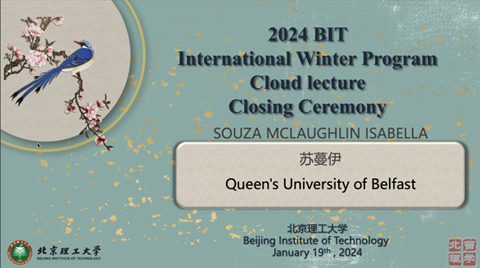
Take as many notes as possible in class. I liked using my laptop, to which I downloaded a Chinese keyboard, to take notes in class and had a notebook on the side for handwriting. Alternatives such as Google Input Tools are useful as well.
Tandem Language Exchange
The Tandem Language Exchange at Queen’s was one of the best ways I improved my language skills. I met many language exchange partners who helped me significantly in improving my Mandarin, and I was able to share my experience and help them with English or Portuguese. Everyone was really encouraging in helping me develop my language skills and I had the opportunity to make life-long friends.


I scheduled meetings with my language partners regularly, often weekly, to work on new tasks each week. We picked a new topic to cover each week in each other’s target language, where we asked questions regarding culture and learned new vocabulary.
Cultural Experiences
Immersing yourself in the culture of your target language as much as possible is a great way to remain motivated in language learning and develop knowledge.
Cuisine
Belfast has many great Chinese restaurants, so be sure to try Chinese dishes to familiarise yourself with the cuisine. I also enjoy visiting the many great Chinese restaurants when travelling, such as in London.


Try making some Chinese dishes yourself too! A friend of mine from China and fellow graduate of Queen’s, invited me to celebrate Chinese New Year (春节, chūnjié) with her and her friends, where I learned to make jiaozi dumplings (bāo jiǎozi 包饺子) from scratch.

Work Experience
During my placement year, despite the challenges of COVID, I was fortunate to get a placement in an international company, working with a team based in China. Not only was I getting experience in the work environment, but I was learning more about Chinese business culture and working with supportive colleagues from China. During that summer, I also took online evening classes in Mandarin Chinese through the Language Centre at Queen’s, to help maintain my language skills and get back into a classroom environment to prepare for my final year of University.
History and Modern Culture
If you enjoy history, try visiting some museums or exhibitions surrounding Chinese culture, reading books, articles, and watching documentaries. I enjoy music and entertainment, so I regularly listen to Chinese artists and watch dramas and films.
Many Chinese dramas are now on streaming services, such as, Netflix and Amazon Prime. If you can, try adding both English and Simplified Chinese subtitles. Watch dramas back a second time with only Simplified Chinese subtitles, you’d be surprised with how much you can pick up! Try watching your current favourite shows in your first language dubbed in Mandarin, as you will already be familiar with the plot, this will be an entertaining way to practice your listening skills.
Cultural Events
Ensure you attend cultural events. Queen’s hosts numerous Chinese cultural events throughout the year, including Spring Festival/CNY (春节, Chūnjié) and Mid-Autumn Festival (中秋节, Zhōngqiū jié). This is a great way to learn more about these festivals, enjoy the celebrations and get involved! During my studies, I assisted in maintaining a stand at the Chinese New Year Festival, sharing information about the Chinese Zodiac (十二生肖, shí’èr shēngxiāo).
Social Media
Try using social media apps from the countries of your target language. I use WeChat (微信, Wēixìn) to chat with my friends regularly and find information on Red (小红书, Xiǎohóngshū). If you are a fan of TikTok and YouTube, why not try DouYin (抖音, Dǒuyīn) or Bilibili? Download a Chinese keyboard to your phone to make it easier when using social media apps.
Read Bilingual Literature
Reading is a great way to keep up practice. You’re already reading a lot in your classes and on social media, so why not try some bilingual literature? If, like me, you enjoy cuisine, I recommend ‘Tiny Moons: A Year of Eating in Shanghai’ by Nina Mingya Powles, a collection of essays about food and belonging, that incorporates vocabulary in Mandarin.
Motivation and Advice
A key aspect of learning any language, is focusing on your progress and avoid comparing yourself to others. Everyone learns languages at their own pace. It can be easy to compare yourself to others without considering the things that make your language learning experience unique. You may feel like you are falling behind, when in fact, you are right where you need to be and making incredible progress!
Though this is primarily aimed at studying Mandarin, I hope these study tips will be useful for any other languages.

